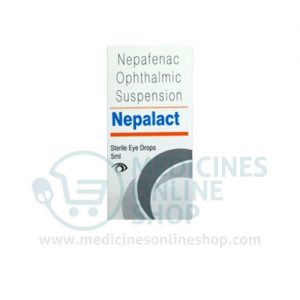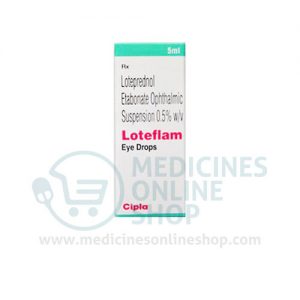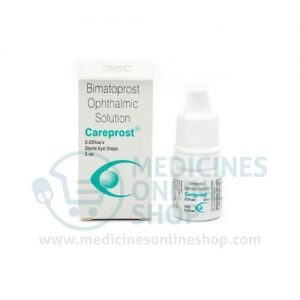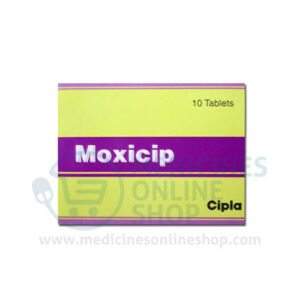Brimonidine Tartrate Information
Pronunciation
bri MOE ni deen
What is this drug used for?
• It is used to lower high eye pressure.
• It is used to treat glaucoma.
• Some products are used to treat eye redness.
Frequently reported side effects of this drug
• Burning
• Stinging
• Blurred vision
• Foreign body sensation in eye
• Headache
• Loss of strength and energy
• Fatigue
• Dry mouth
Other side effects of this drug: Talk with your doctor right away if you have any of these signs of:
• Vision changes
• Eye pain
• Severe eye irritation
• Eyelid swelling
• Signs of a significant reaction like wheezing; chest tightness; fever; itching; bad cough; blue skin color; seizures; or swelling of face, lips, tongue, or throat.
Medication Safety Issues
Brimonidine may be confused with bromocriptine
Storage and Stability
Store at 15°C to 25°C (59°F to 77°F).
Adverse Reactions
Adverse reactions may be formulation dependent; reactions reported with Alphagan P:
Cardiovascular: Hypertension, hypotension
Central nervous system: Dizziness, drowsiness (more common in children), fatigue, foreign body sensation of eye, headache, impaired consciousness (children), insomnia
Dermatologic: Erythema of eyelid, skin rash
Endocrine & metabolic: Hypercholesterolemia
Gastrointestinal: Dyspepsia, xerostomia
Hypersensitivity: Hypersensitivity reaction, local ocular hypersensitivity reaction
Infection: Infection
Neuromuscular & skeletal: Weakness
Ophthalmic: Allergic conjunctivitis, blepharitis, blepharoconjunctivitis, blurred vision, burning sensation of eyes, cataract, conjunctival edema, conjunctival hemorrhage, conjunctival hyperemia, conjunctivitis, decreased visual acuity, dry eye syndrome, epiphora, eye discharge, eye irritation, eyelid disease, eyelid edema, eye pain, eye pruritus, follicular conjunctivitis, keratitis, photophobia, stinging of eyes, superficial punctate keratitis, visual disturbance, visual field defect, vitreous detachment, vitreous opacity, watery eyes
Respiratory: Bronchitis, cough, dyspnea, flu-like symptoms, pharyngitis, rhinitis, sinus infection, sinusitis
Rare but important or life-threatening: Anterior uveitis, apnea (infants), bradycardia, corneal erosion, depression, dermatological reaction (erythema, eyelid pruritus, vasodilation), dry nose, dysgeusia, hordeolum, hypothermia (infants), hypotonia (infants), iritis, keratoconjunctivitis sicca, miosis, nausea, tachycardia




